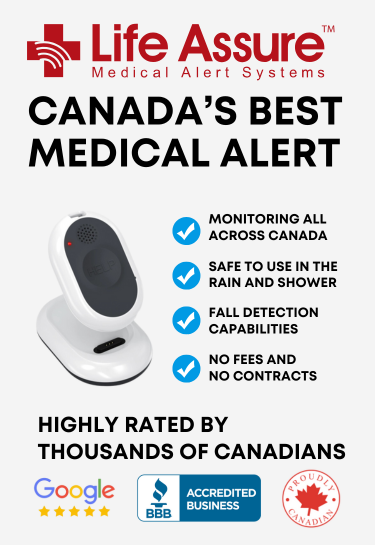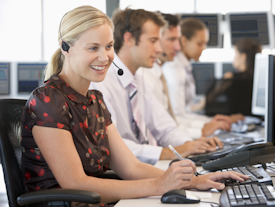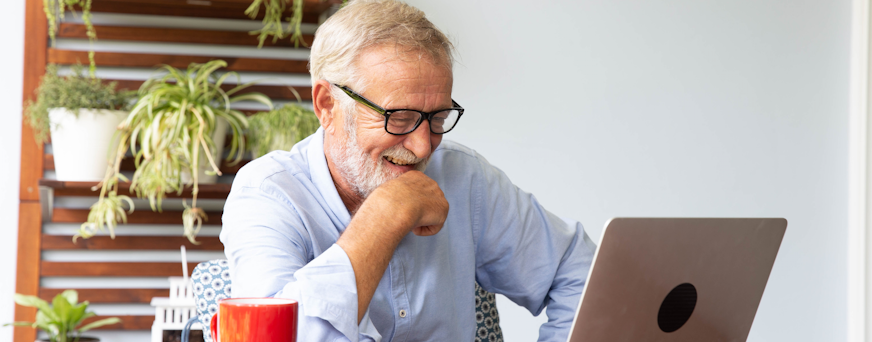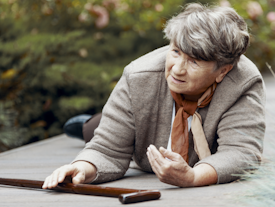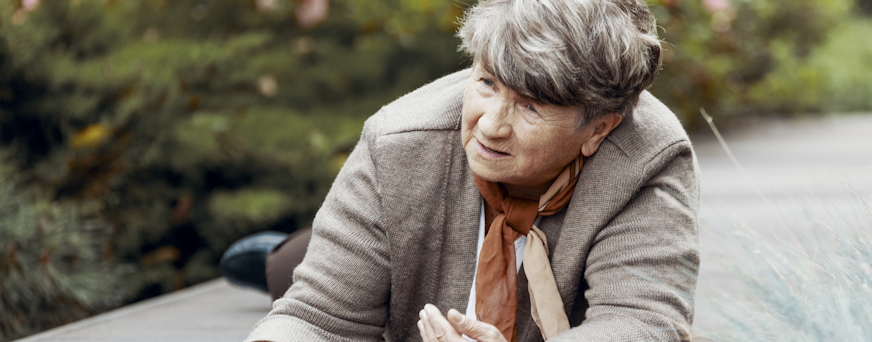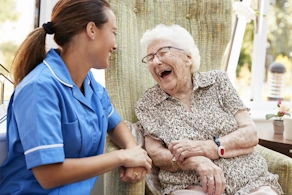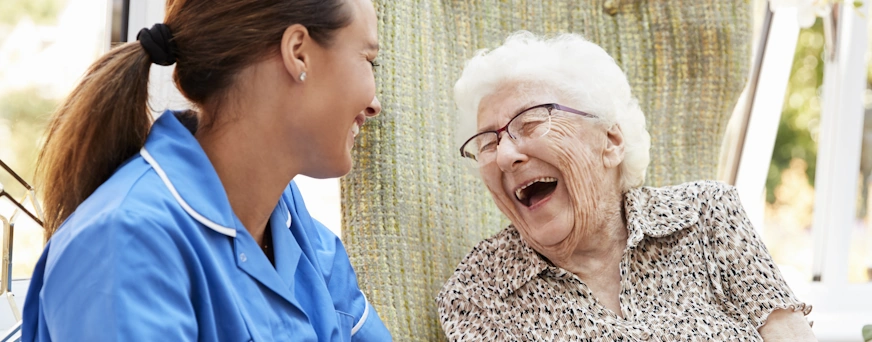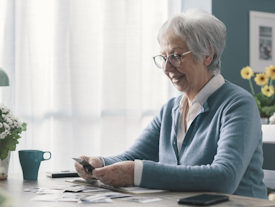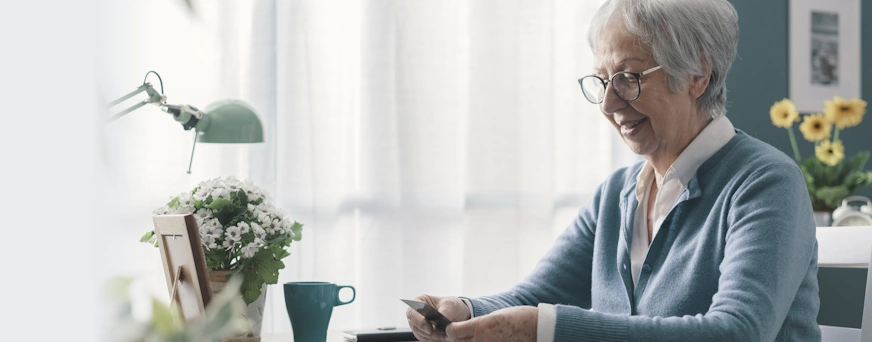Best Practices for Providing High-Quality Seniors Home Care
More Canadians are growing old and a share of them wish to have adequate home care for the elderly. By the year 2030, all baby boomers will be well over the age of 65, thus constituting a very significant share of the seniors needing care.
This growing need calls upon caregivers, professional or familial, to implement ideal methods in caregiving. It would help the seniors receive the respect, attention, and medical care they require while still managing to preserve their independence and dignity.
Seniors home care include their physical health and mental, and emotional wellbeing; provided in a safe and nurturing atmosphere. In this article, we’ll discuss some of the best practices to consider when caring for seniors in their home environment:
Life Assure Product Quiz
Find The Perfect Medical Alert Device
Take our 30 second quiz and discover which Life Assure medical alert device is the right fit for you or a loved one.
Life Assure Product Quiz
Find The Perfect Medical Alert Device
Take our 30 second quiz and discover which Life Assure medical alert device is the right fit for you or a loved one.
Practices for Providing High Quality Seniors Home Care
Here are some of the major things one should look at to ensure effective home care for the elderly people:
Pre-Vacation Health Essentials
Conduct Thorough Assessments
Before providing home care, it is necessary to consider the physical, emotional, and psychological needs of the concerned elderly.
Design a tailor-made care plan to respond to these factors. The medical background of the elderly concerning mobility, cognitive ability, and lifestyle preference has to be considered.
An initial assessment includes medical personnel such as doctors and physiotherapists to ensure the health of the elderly is well understood. The inclusion of family members implies that the plan could be aligned with their expectations and with the wishes of the senior.
Prioritize Safety in the Home Environment
Minimizing injury to seniors in their homes is built on a continuum of issues. At the top of the list of priorities should be an examination of the home environment for safety and a reduction of hazards. Consideration should be given by caregivers to the following:
Removing tripping hazards (e.g., rugs, loose cords)
Installing grab bars in the bathroom and along stairways
Ensuring proper lighting throughout the home
Using non-slip mats in areas prone to water exposure
Encouraging the use of assistive devices like walkers or canes
Support Mental and Emotional Well-Being
Many of them live alone and feel lonely, and some are depressed after losing a loved one. Home care should provide the emotional support that would mitigate these situations.
Seniors need a lot of social interaction regularly and participating in active activities to be healthy mentally and physically.
Try to initiate a conversation with them and allow them to speak, building rapport. Keep them engaged with hobbies, for example, working in the garden, reading, or maybe even playing games.
Keeping the mind active is very important to avoid cognitive decline. Puzzles, memory games, and learning new skills all make senior citizens sharp and attentive.
Ensure Proper Medication Management
Medication adherence is vital for seniors who often have a couple of prescriptions to follow. Improper medicine management can result in serious fitness issues, together with neglected doses, overdoses, or harmful interactions between medications.
By taking these steps, caregivers can prevent remedy-related errors and keep seniors on track with their remedies.
Promote Physical Health and Mobility
Physical health plays a important role in a senior’s first-rate existence. Encouraging everyday workout routines and physical interests helps enhance balance, flexibility, and energy, which in turn reduces the chance of falls.
Gentle activities like walking, swimming, or stretching may be tailor-made to a senior’s talents.
Caregivers need to work with bodily therapists or trainers when needed to increase exercises that can be safe and effective.
Keeping seniors lively is no longer the most effective blessing to their bodily health but additionally improves mental well-being by decreasing strain and selling higher sleep.
Additionally, caregivers have to regularly screen the senior's diet to ensure the right nutrients. Older adults can also have particular dietary wishes or challenges with consuming, together with difficulty chewing or swallowing.
Caregivers must consult a nutritionist or dietitian if necessary to provide balanced, senior-pleasant meals.
Maintain Open Communication
Open and honest conversation is important in seniors home care. It fosters acceptance as true between the caregiver, the senior, and their family members.
Regularly updating the circle of relatives regarding the senior’s health, any modifications in conduct, or worries approximately the care plan is vital for keeping everyone on the same page.
Caregivers ought to also listen to the senior's issues and possibilities, ensuring they feel heard and revered. Any modifications in care or remedy must be mentioned openly to maintain transparency and mutual knowledge.
Adapt to Changing Needs
Aging is a dynamic procedure, and the needs of a senior can exchange over time. Caregivers must regularly reassess the care plan to make sure it keeps to satisfy the senior’s evolving requirements.
As conditions like dementia, arthritis, or mobility troubles progress, the care plan may need to be adjusted accordingly.
Flexibility is fundamental. Adapting to new challenges, inclusive of introducing greater clinical assistance, modifying the home environment, or changing exercises, ensures that seniors get hold of the best care as their health evolves.
Ensure Caregiver Well-Being
Caring for seniors can be bodily and emotionally demanding, and caregivers need to additionally cope with themselves to avoid burnout.
Whether expert or family-based totally, caregivers need to have get right of entry to assets, which encompass support organizations, respite care, and counseling, to maintain their very very own health and well-being.
Self-care practices, inclusive of maintaining a healthy way of life, taking breaks, and looking for assistance when desired, permit caregivers to offer better steering to the seniors of their care.
Use Technology Wisely
Medical alert systems, GPS trackers, and medicine reminder apps all serve to preserve an older adult unbiased while giving caregivers peace of mind.
Technology has added greater ease in-domestic care through telemedicine and online health services; this enables patients to reveal their health and talk over with specialists from their comfort zones.
Any technology is severely in need of becoming friendly towards seniors. These devices could be configured and taught the way to be used, and incorporated into the exercises of seniors with the aid of caregivers.
Conclusion
It encompasses much more than just the care for their physical needs. Seniors home care will be complete with emotional support, independence, safety, and flexibility associated with all these. Such practices will help caregivers support aging with dignity, comfort, and purpose at home.




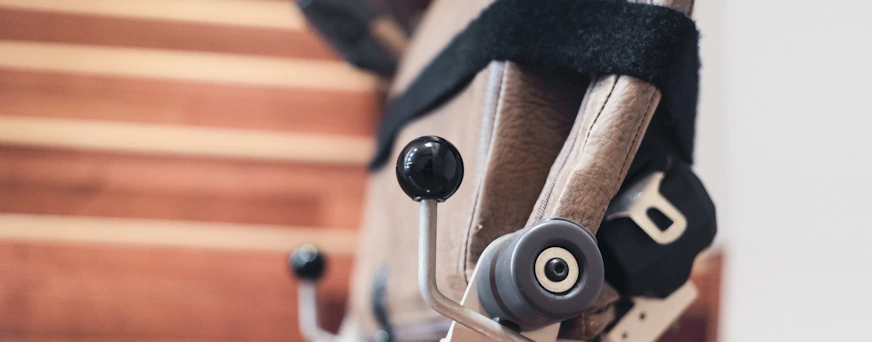
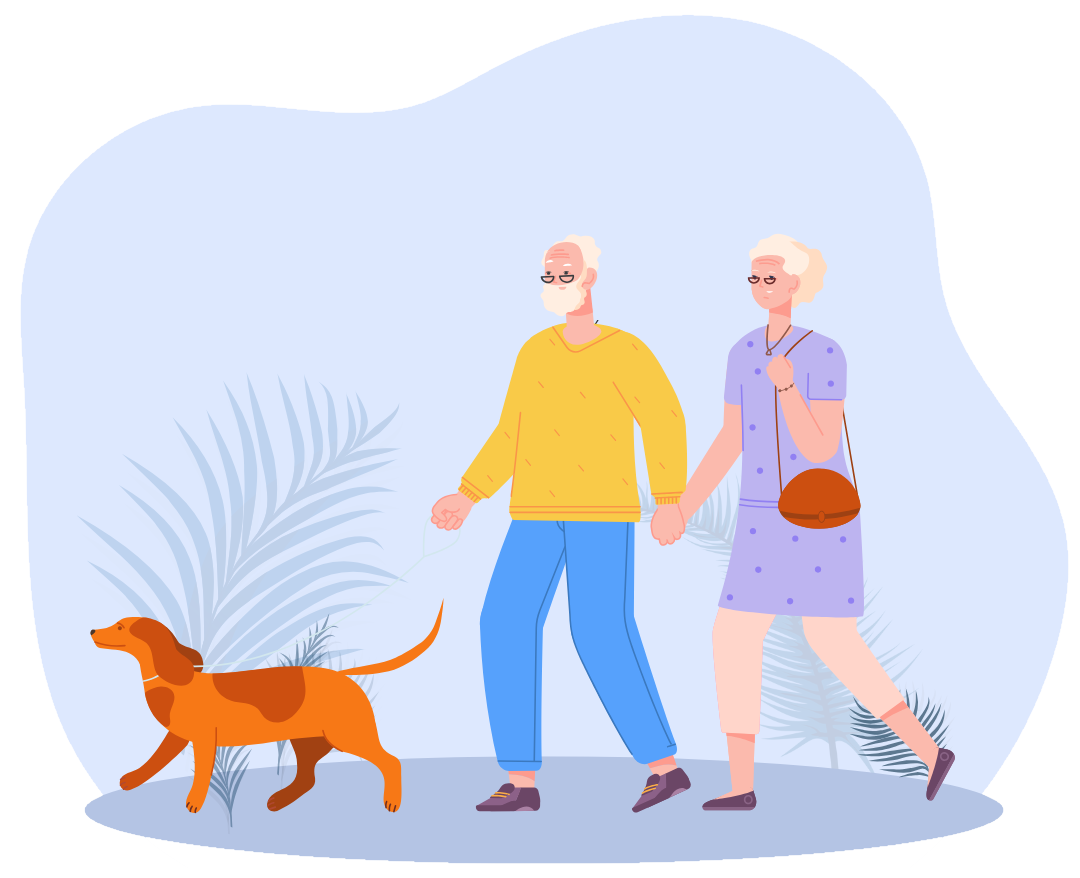
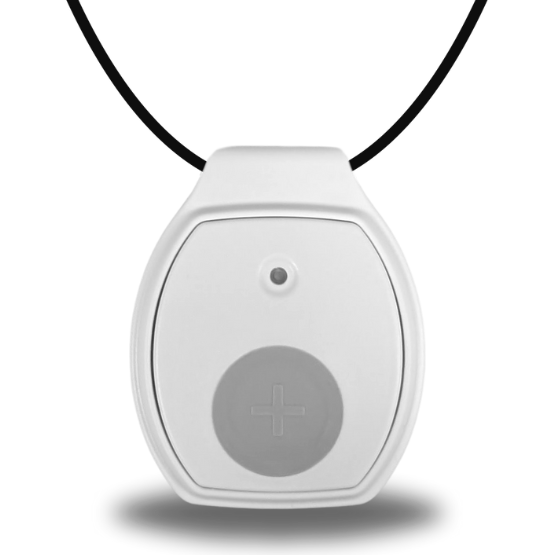




 Get Help With The Push Of A Button
Get Help With The Push Of A Button